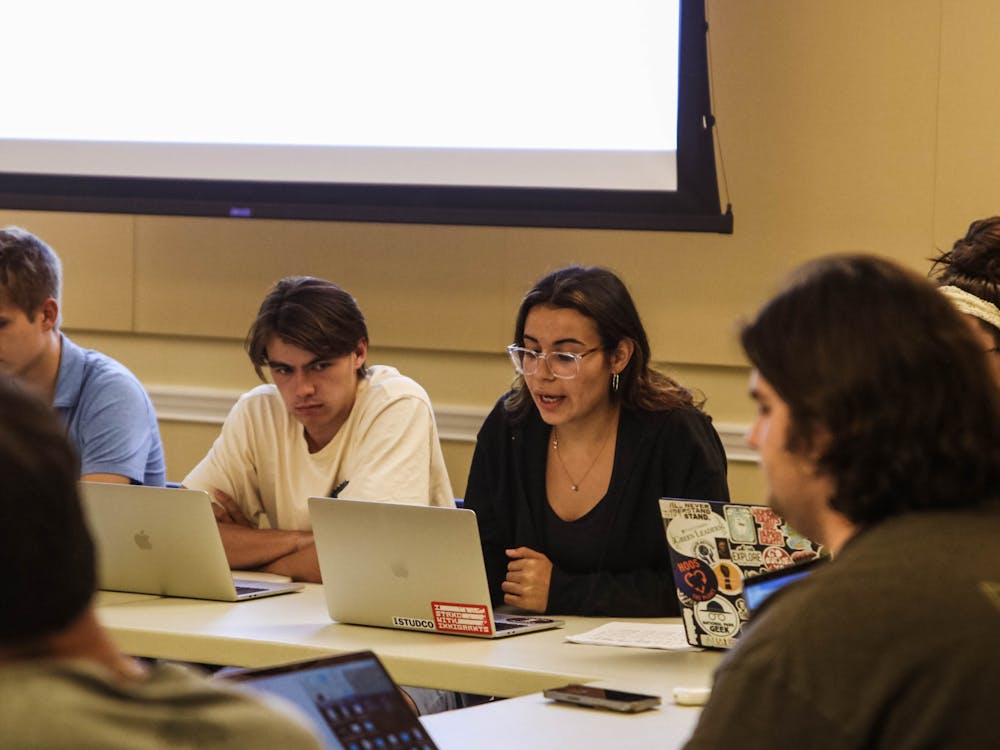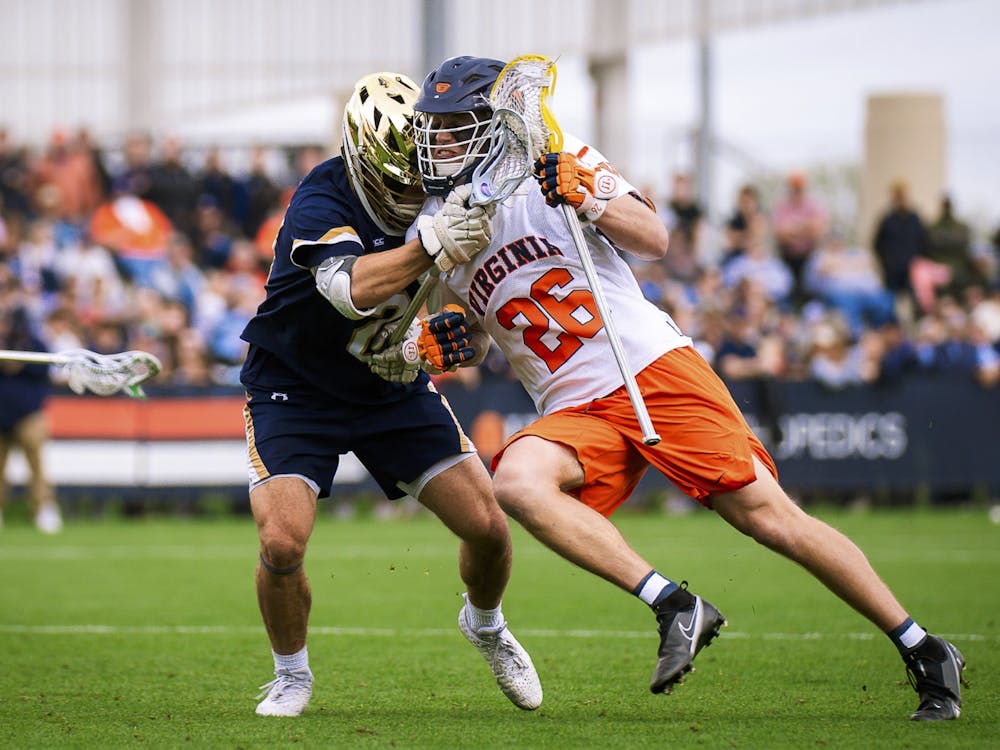In response to confirmed reports of “abhorrent and detestable” hazing activities, the University has expelled the Alpha chapter of Pi Kappa Alpha for four years, and the national organization has revoked the chapter’s charter. Pi Kappa Alpha’s national organization has released a video detailing the “embarrassment” that individual members of the University chapter have caused the fraternity as a whole. Moreover, the national organization has asserted that they will be pursuing civil litigation against multiple individual leaders and members involved in new member initiation activities for violating their signed member agreement and for the financial and reputational damages incurred by Pi Kappa Alpha.
Unfortunately, this instance of hazing, while extreme in its visibility, is not abnormal. Neither is the response of the national organization which endeavors to performatively craft a narrative of exceptionalism. Rather, both fit into a larger culture in which blame for hazing is consistently and unfairly deflected onto individuals. The University has also contributed to this culture by retroactively addressing hazing with punishments for individual students and organizations and then utterly failing to take proactive measures that deal with an entrenched ethos of hazing. This narrative of individualized responsibility is actively harmful because it fundamentally neglects the pernicious and systemic nature of hazing in fraternities.
The hazing which prompted the University’s termination of Pi Kappa Alpha is by no means rare. In 2022, the University terminated its Fraternal Organization Agreements with both Phi Gamma Delta and Kappa Alpha Order for “severe hazing behavior.” This year, Kappa Sigma was suspended for hazing allegations which reportedly resulted in the extreme injury and hospitalization of one student. Theta Chi and Sigma Alpha Mu have also had their FOAs suspended this year. This extensive litany of suspensions and repeat offenses speak to the pervasive nature of hazing within fraternities at this university, a pervasiveness which extends far beyond any individual’s four-year tenure at the University.
Despite the self-evident culture that is at fault here, the national organization of Pi Kappa Alpha went to great lengths to distance itself from these hazing allegations and paint them as “hazing actions by individuals.” They suggested that it was fundamentally unfair that the name of the organization, as opposed to the names of the members who shepherded the hazing, will be sullied and associated with such physical and psychological violence. Moreover, in pursuing litigation against former members, the national organization further endeavors to distance themselves from the “outliers” who participated in hazing new members. Let us be clear — the individuals who initiated and led this hazing bear some responsibility for their production of harm and the perpetuation of a toxic, exclusionary fraternity culture. However, the longevity of this culture suggests that blaming individuals is simplistic at best and actively counterproductive at worst.
In the past, Pi Kappa Alpha chapters across the nation have faced suspension numerous times for various conduct violations often related to hazing. Universities whose Pi Kappa Alpha chapters have been suspended include the University of Arkansas and San Diego State University in 2023, Penn State University in 2022 and the University of Mississippi in 2021. Even at our own University, Pi Kappa Alpha was previously suspended in 2014 for suspected hazing violations. Given this history, the national organization’s insistence on a narrative of individual blame is disingenuous and neglects their own fundamental complicitness.
In fact, many critics have argued that national organizations and alumni networks are themselves uniquely responsible for perpetuating this culture within fraternities. Perhaps this should not be surprising — national organizations and alumni networks have long lobbied to tip the scales in favor of tradition. They have marshaled their extensive financial resources to pressure university administrators to adopt more lenient policies vis-à-vis fraternities, and especially in relation to hazing. This, perhaps more than any singular individual action, has normalized hazing and protected organizations from the consequences of it. The unwillingness on the part of the national organizations to take responsibility for this culture that they have inculcated and ingrained in the psyche of every member is appalling.
Universities, especially our own, are not exempt from inculcating and permitting this dangerous culture. Here, the University has taken a very hands off approach to regulating Greek life, an approach which has produced a destructive cycle of underregulation and punitive overcompensation. Each year, the University re-signs its FOA with each non-suspended fraternity present on Grounds. The main purpose of this agreement is to formalize a mutually beneficial relationship in which fraternities and the University are largely independent entities. In practice, this separation means that the University has limited jurisdiction over fraternity behaviors. In this way, the University tacitly endorses a prevalent hazing culture while also formalizing a system in which it has little responsibility to actually address this culture.
But when hazing becomes publicized, the administration cracks down — they punish individual members, suspend organizations and reiterate anti-hazing rhetoric. They might even terminate or suspend the FOA, the only structure which grants the University any sort of oversight. In short, they publicly overcompensate for their previous hands-off approach in a way that punishes the individual without proactively working to address the underlying culture. This cycle of underregulation and extreme punishment is both punitive and ineffective and permits the University to absolve itself of its institutional responsibility to find creative means through which to address hazing.
For many students and alumni, fraternal organizations are a logical extension of the educational community which the University seeks to build — at their best, they create long-lasting relationships, provide mentorship and contribute positively to the community and to daily student life. However, national fraternal organizations, University administration and, to some degree, students have spent too long with their heads buried in the sand, unwilling to deal constructively and proactively with the rampant culture of hazing that is so prevalent in many aspects of fraternity life.
There are no easy solutions to a problem as pervasive and systemic as this one, but it is clear that individualizing the blame simply further enables this culture to grow. Instead of retroactively responding to extreme hazing allegations, we, and especially the University, must begin asking more probing and fundamental questions about the role of fraternal organizations on Grounds. For in asking these questions, we will be able to investigate the underlying assumptions which ground the purpose of Greek life in our community. Perhaps, the first question worth asking is whether these organizations should continue to exist at all.
The Cavalier Daily Editorial Board is composed of the Executive Editor, the Editor-in-Chief, the two Opinion Editors, the two Senior Associates and an Opinion Columnist. The board can be reached at eb@cavalierdaily.com.
CORRECTION: A previous version of this article stated that Kappa Sigma and St. Anthony Hall had been suspended in 2022. They were, in fact, suspended for violating University COVID-19 protocols and Standard 2 of the University’s Standards of Conduct which prohibits “conduct [that] recklessly or intentionally endangers the health or safety of any person on University-owned property.” The article has been updated to avoid the implication that they were suspended for hazing.





